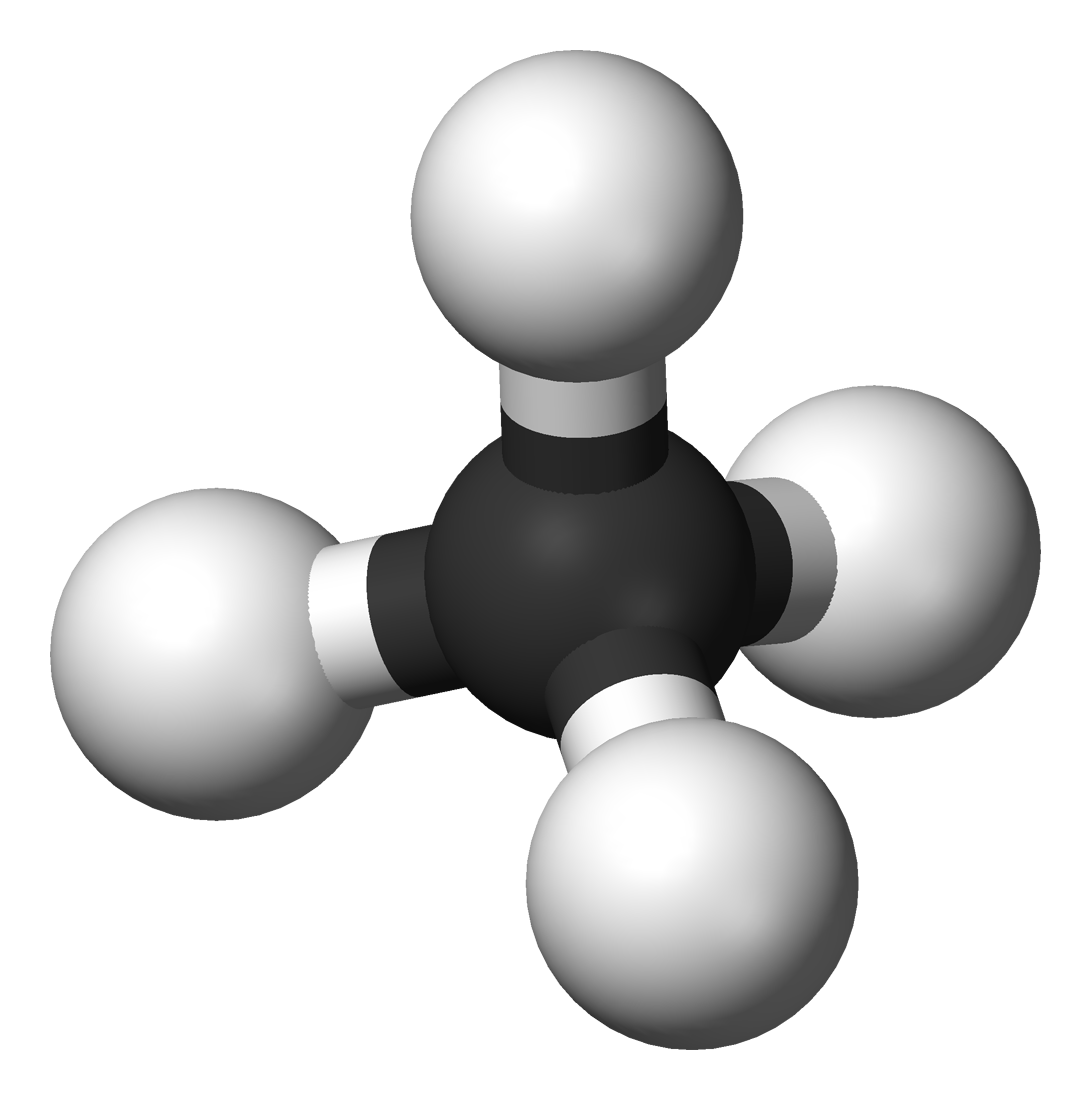Abstract
A major question of the history of our solar system concerns the faint young sun paradox and whether the sun’s lower luminosity in the Hadean and Achaean eons was compensated by higher contents of gases with stronger greenhouse potential. Methane is such a gas, and is probably the one that is most easily envisaged in high concentrations in Earth’s early atmosphere. It is, however, not at all clear whether it would have been degassed from Earth’s mantle, formed abiotically through weathering reactions in the presence of water, or even biogenically by early microorganisms in the subsurface. The importance of methane is, however, not restricted to our own planet. Methane has been detected in the atmosphere of Mars and the compound is an important component of the outer gaseous planets and their satellites. Methane-induced chemistry is known to take place in extrasolar planets and even in the interstellar medium.
We propose to create a team of about 13 specialists in the complementary fields of astronomy, chemistry, microbiology, geology, planetary science, and physics to address a multitude of questions related to the formation and destruction of methane. Questions that will be addressed are, for instance, the formation of methane in the interstellar medium and its role in star-forming regions and protoplanetary disks, the origin and cycles of methane on Titan and other icy moons, and the implications of the existence of methane in the atmosphere of Mars and exoplanets. We will also look into the mechanisms for the formation of complex biomolecules in methane-dominated atmospheres and aquatic environments, such as the ocean floors and Earth and some of the satellites of the outer gaseous planets. We will try to elucidate to what extent microorganisms can survive on methane solely and which terminal electron acceptors that would be available for them under different environmental conditions. The proposed ISSI team will thoroughly review the role of methane in planetary systems and we expect that it will create novel cross-discipline research projects for the future.



